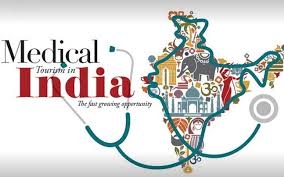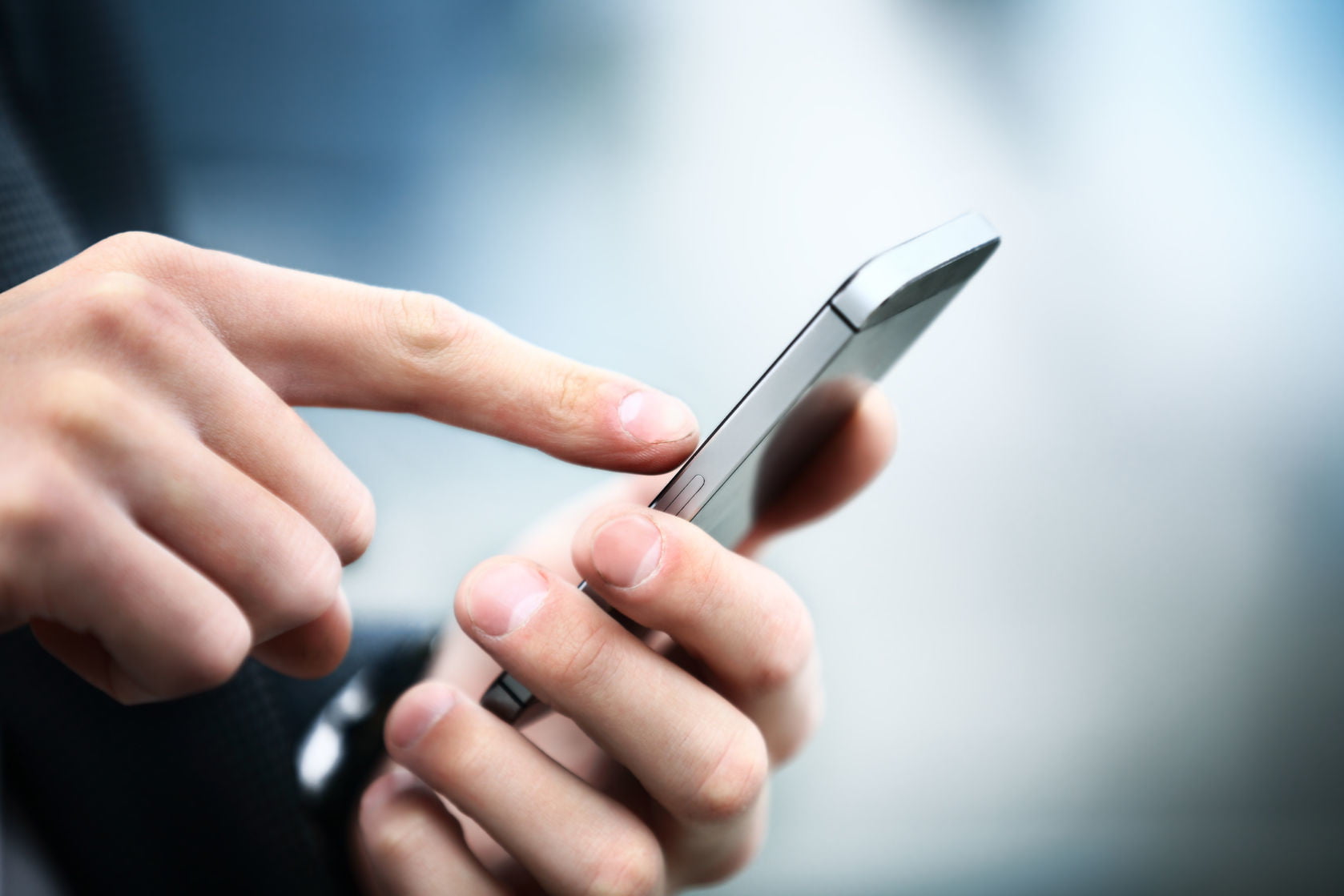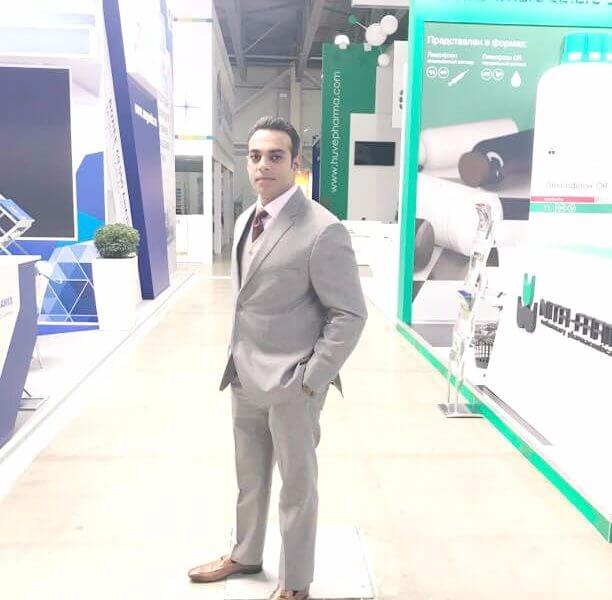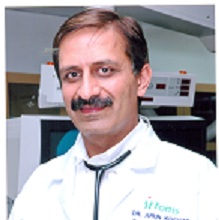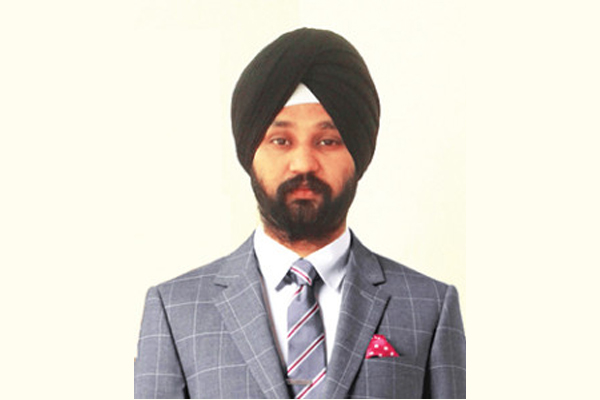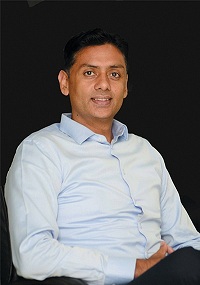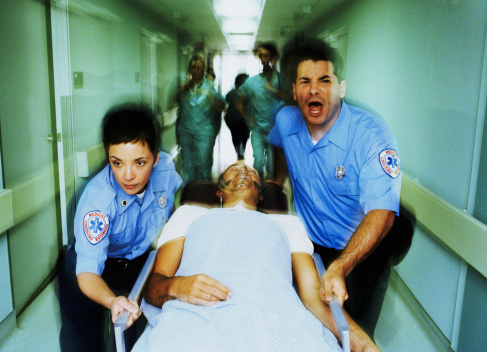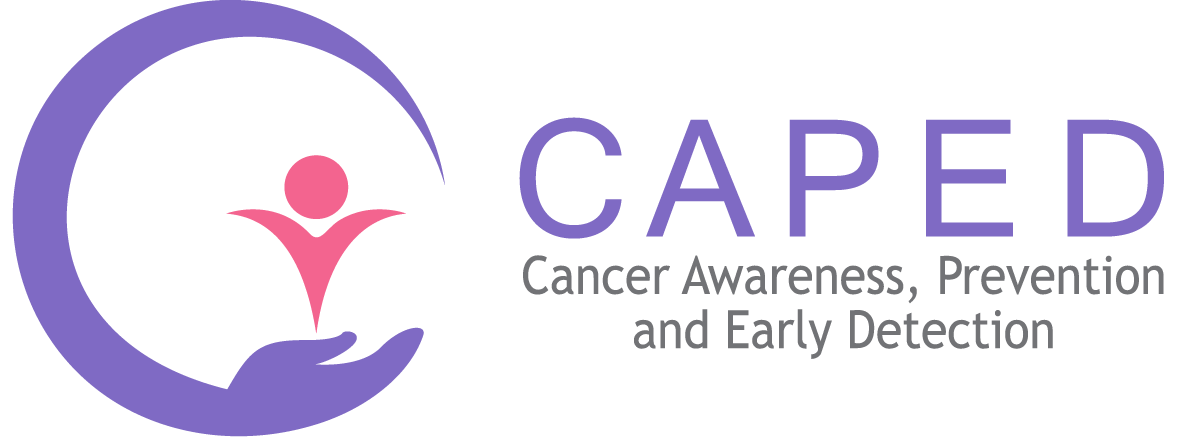
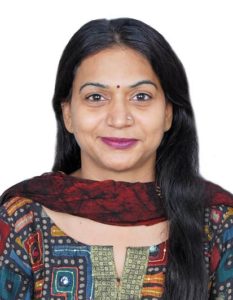
Dr Radhika S Adholeya
Social dynamics, and not to forget the household dynamics, play at various levels which either can be facilitating or can create hindrance. Ironically, in healthcare the physical barriers are often researched and discussed while social barriers are brushed under the carpet, write Dr Radhika S Adholeya, utive Director and Founder, Uniworld Care and Anupama Sharma, Chief Consultant, Uniworld Care.
Can technology be the voice of women in silence — the unconventional issues not heard or spoken about? Can health technology be so humanistic that it not only improves health outcomes, reduce healthcare costs but also bridge the gaps in social and cultural environment, so as to bring gender equity?

The modern India is still a country of strong customs and traditional beliefs. The traditions don’t govern decisions, but they do influence them, more so for the ones whose lives are inferior in social structure. The decision to seek care is evidently cited, whether it is mere visiting a local physician or facility or just to seek help to become better.

Anupama Sharma
Social dynamics, and not to forget the household dynamics, play at various levels which either can be facilitating or can create hindrance. Ironically, in healthcare the physical barriers are often researched and discussed while social barriers are brushed under the carpet. Social stigma, gender biasness, lack of awareness and unwillingness towards clinical treatment are the burning issues.
Many a times it has been observed that a woman is not able to reach the health facility, because her circumstances or her family is not willing. Diseases like psychiatric disorders, tuberculosis, STDs or simple skin infection sometimes become big social taboos for women. ‘Self image or the image created by the society takes over the importance of getting cured, resulting into adverse clinical outcomes, treatment delays and people landing in wrong places.

The new role of patients as consumers of healthcare has brought significant change in the dynamics of medical practice. When patient recast as consumers in a healthcare market, they are in powerful position to demand convenience, timeliness and relevance from healthcare. In order to attract and keep patient as consumers, healthcare systems will have to allow increasing customisation so that any patient can access what they need, when they need it.
Technology has played a pivotal role in bringing a significant change in peoples life, and more so in a womans life.
New age women, including millennial or generation z, are techno savvy and are expressing their healthcare needs through various channels. Social networking platforms like Facebook, Twitter, LinkedIn, WhatsApp and other online platforms for web consultations have opened many channels for seeking healthcare.
It is not to replace the conventional patient-physician interaction but to compliment it. The real time online mediums have facilitated breaking of taboos to seek care or overcoming perceived barriers in seeking help. The physician-based technology systems having the access to decision maker either in family (husband or in-laws) or social circle (local leader, friend, neighbour, religious leader) are able to bring power centres on board for seeking necessary care.
This is one of the biggest shift in our socio-ecosystem which otherwise is not achieved through IEC or BCC campaign at times. It is an opportunity for country like India where only than 16 per cent women are working, out of which very few are in the organised sector.
With the help of technology, women are getting doses of health knowledge.
Woman Empowerment through Different trends and Innovations:
Availability of information and big data
The accessibility of data and the means to store and process it are hallmarks of the technological age. The internet and the ability for healthcare professionals to rapidly share information have enhanced the consumers conviction power. These endeavours can access larger and more diverse population groups than ever before.
These innovations allow women to stay on top of healthcare trends, techniques and technologies. It is comfortable for healthcare provider also to deal with the informed consumer, and with the help of these tools identify risk fact.
Improved Communication
Technological innovations in healthcare have facilitated much smoother communication with the patients. For eg., use of media such as videos, online discussion platforms and real-time meeting.
Online consultation in case of psychiatry or other mental health issues requires not only confidentiality and convenience, but also calling support 24×7, so as to seek help during odd hours. Uniworld Care is committed to provide many such platforms for patient doctor interaction.
Electronic Medical Records
Electronic medical records results in improved case management, treatments and patient recovery. It allows all patient histories, test results, diagnoses and relevant information to be stored centrally in an online location. Healthpatri(a tool for keeping all medical records at one place along with treatment summary) is one such example for making life easy for everyone.
Women used to find difficulties to keep family health records at one place. Now by the help of technology, keeping medical records of family, managing health of their kids, vaccination dates, regular check-ups of their family and their own reproductive health became convenient.
So, this technology is not only empowering them but, also bringing health awareness by inculcating health seeking behaviour Telemedicine/Telehealth/Telemedicine/Telehealth services such as video-conferencing are becoming cost effective ways to complement local health services.
It is particularly beneficial to those women living in rural, regional and remote communities and requiring regular access to medical specialists who live several kms away. With the help of ANM, who are equipped with electronic Tablets, these rural women became empowered.
Mobility and Mobile Apps
Mobile software applications (aka mobile apps) are key to improving accessibility for patients and healthcare professionals. Mobile apps enable people to easily manage their health and well being; everything from prompting them to get checkups, to finding general medical information or accessing their test results securely online 24×7 without having to book in an appointment with their GP and wait days for results.
The role of technology driven care and changing role of providers is very much evident. Will doctors be replaced by an iPad and a big data crunching computer is a big question in peoples mind. Data and analytics can offer amazing insight into diseases, diagnosis and interpretation, but will never be able to replace the important ritual from a doctor-patient conversation or the comfort of a caregivers touch.
About the Authors
Dr Radhika Shrivastava Adholeya:
Dr Radhika Shrivastava Adholeya is a well-known practicing medical doctor for past 20 years. She is working closely with Government health projects for reforming health care, through training and travelling across the globe for knowledge sharing. She presented papers in many international conferences on quality health care. She is recipient of Senior research fellowship of ICMR, International HTA fellowship, Six Sigma Green belt and NABH assessor ship, apart from her professional degrees, MBBS, MS and MBA.
Anupama Sharma:
MBA in hospital management and international health policy research from the US, Anupama has over 15 years of experience of working in healthcare industry of India. She has led clinical departments in corporate hospitals, held senior positions in consulting and academia. She also has been researching policy issues of healthcare industry. Anupama is currently engaged with Ministry of Health and Family Welfare of India in uting the National Quality Assurance Programme for government hospitals across the country.
(The views expressed in this article are those of the authors and do not necessarily reflect the official policy or position of Elets Technomedia Pvt Ltd)
Be a part of Elets Collaborative Initiatives. Join Us for Upcoming Events and explore business opportunities. Like us on Facebook , connect with us on LinkedIn and follow us on Twitter , Instagram.



